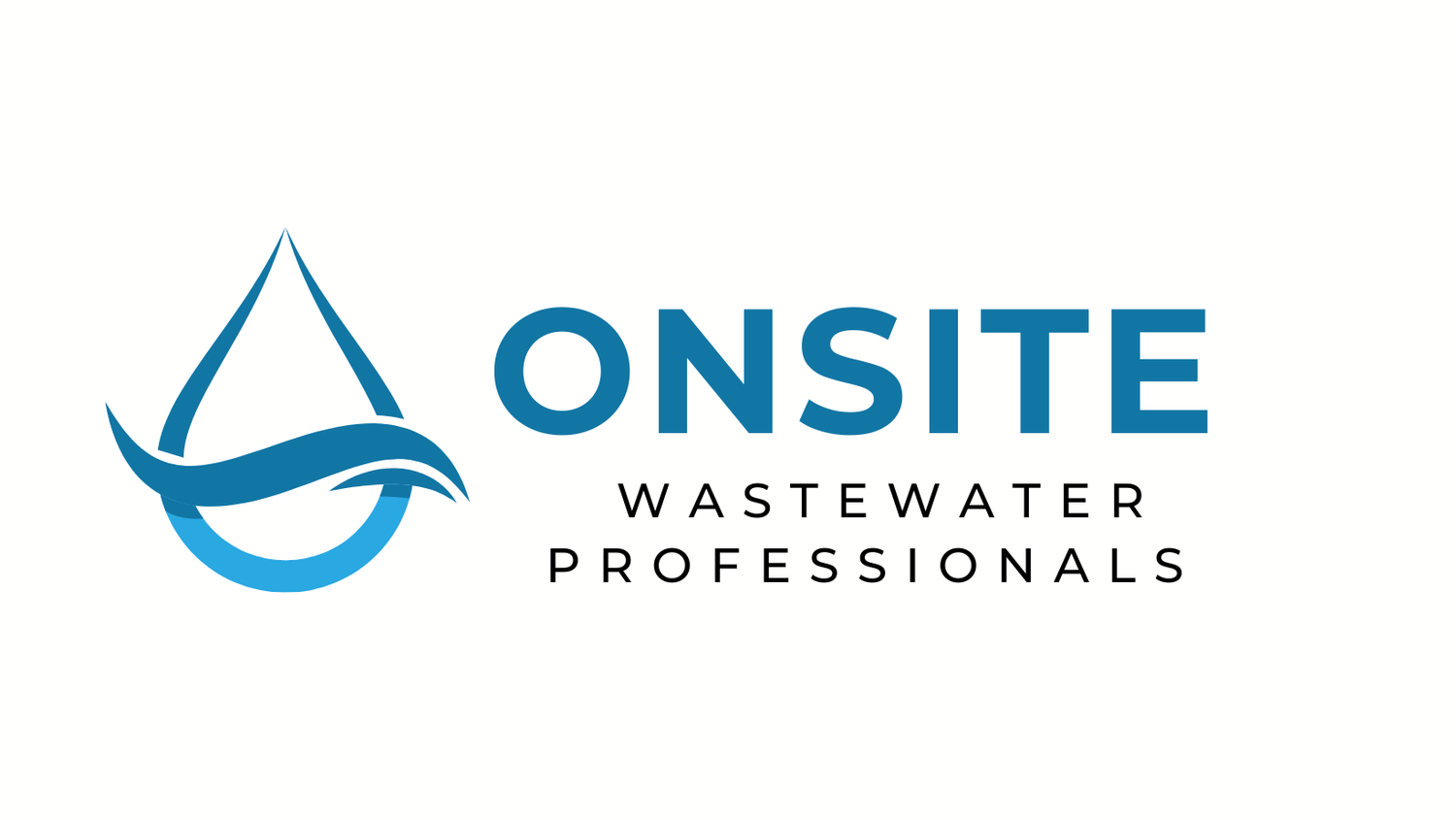Septic Troubleshooting: Conventional & Accepted Systems
This in-depth class is specifically tailored for onsite wastewater professionals, providing a comprehensive understanding of advanced troubleshooting techniques for conventional and accepted wastewater systems. The course covers diagnostic procedures and problem-solving strategies for various system types, including conventional, chamber, EZ Flow, large diameter pipe, and panel block systems. By combining theoretical knowledge with practical exercises, participants will gain the expertise needed to effectively diagnose and resolve complex issues encountered in onsite wastewater systems.
Agenda
Introduction to Advanced Troubleshooting
Brief overview of the various system types covered in the class
Importance of effective troubleshooting for system efficiency and effectiveness
Environmental and regulatory considerations
Advanced Troubleshooting for Conventional Systems
Diagnostic procedures and problem-solving strategies for conventional systems
Identifying and resolving common and complex issues
Case studies and real-life examples
Advanced Troubleshooting for Chamber Systems
Diagnostic procedures and problem-solving strategies for chamber systems
Identifying and resolving common and complex issues
Case studies and real-life examples
Advanced Troubleshooting for EZ Flow Systems
Diagnostic procedures and problem-solving strategies for EZ Flow systems
Identifying and resolving common and complex issues
Case studies and real-life examples
Advanced Troubleshooting for Large Diameter Pipe Systems
Diagnostic procedures and problem-solving strategies for large diameter pipe systems
Identifying and resolving common and complex issues
Case studies and real-life examples
Advanced Troubleshooting for Panel Block Systems
Diagnostic procedures and problem-solving strategies for panel block systems
Identifying and resolving common and complex issues
Case studies and real-life examples
Hands-on Troubleshooting Exercise
Interactive group exercise focused on diagnosing and resolving issues in various onsite wastewater systems
Guided problem-solving exercises related to troubleshooting challenges
Group discussion and experience sharing
Conclusion and Q&A
Recap of the class's key takeaways
Open forum for questions and additional discussion
Distribution of course completion certificates

